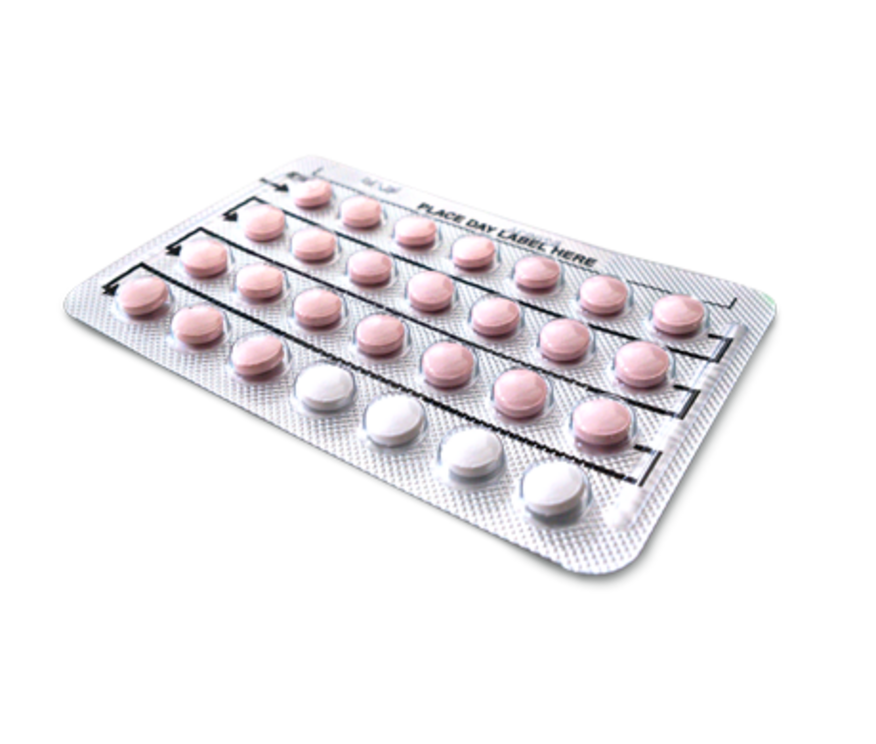It's 2017. Our contraceptives are still harming women
IN BRIEF
New research suggests that the use of hormonal birth control, even at low doses, might contribute to an elevated risk of breast cancer. The study is based on data collected from 1.8 million women over more than a decade.
THE CONTRACEPTIVE QUESTION
In recent years, we’ve seen major advances in the capabilities of contraceptives and their availability around the world. However, there’s still much more work to be done.
There are risks associated with hormonal birth control, as is the case with most medication. However, the current crop of low-dose contraceptive pills, intrauterine devices (IUDs), and implants are typically considered to carry a reduced risk of breast cancer compared to the higher dosages that were once the norm. New research carried out at the University of Copenhagen suggests that this may not be the case.
The study suggests that the risk of getting breast cancer is small for women in their teens, 20s, and 30s – but it’s still there. Some 1.8 million women between the age of 15 and 49 were observed for a period of almost eleven years, for a detailed comparison between those who used hormonal birth control and those that used non-hormonal alternatives like condoms, diaphragms, or copper IUDs.
Crucially, this study looked at methods of hormonal birth control beyond the pill, like IUDs, which haven’t previously been studied in much detail. “Very little data was available,” research epidemiologist Lina Mørch, who led the project, told Futurism via email. She noted that only “one prior study found a similar risk with use of the hormone IUD.”
INCREASED RISK
The study found that women who used a form of hormonal contraceptives had an increased risk of about twenty percent, compared to the threat of breast cancer for women who used non-hormonal methods. The longer hormonal contraceptives were employed, the greater the risk became.
It should be noted that this twenty percent increase isn’t quite as menacing as it might sound. The added risk is similar to that brought about by physical inactivity, excessive weight gain in adulthood, or the consumption of one or more alcoholic beverages on average every day, according to a report from NPR.
Of course, the difference is that things like alcohol intake and exercise are in the hands of the individual. Many women have no alternative to using hormonal birth control, as a method of contraception or for other reasons, so they are forced to take on that added risk.
It’s worth mentioning that there are proven benefits to using oral contraceptives when it comes to other forms of cancer. There’s evidence that it can reduce the risk of ovarian and endometrial cancer, as well as some signs that it can reduce the likelihood of colorectal cancer. Still, the ideal scenario would be a method that offers these advantages without the elevated risk of breast cancer.
A BETTER ALTERNATIVE
Mørch acknowledges that for some women, the benefits of hormonal birth control might outweigh the risks. “For the very young women that would apply – if they do not have a family history of breast cancer,” she wrote. “Though the total amount of years on hormonal birth control might be limiting, if possible, since the risk is very dependent on duration of use.”
However, an increased risk of breast cancer isn’t the only problem associated with current hormonal birth control. Mørch notes that cardiovascular disease and depression have both been associated with hormonal contraceptives. With that in mind, further research into alternative methods certainly seems desirable.
The Bill and Melinda Gates Foundation is backing the Fertility Chip, a device that’s implanted under the skin that would allow for the release of hormones to be controlled remotely, which is set to release in 2018. While this method still relies on hormones, being able to deactivate the chip easily could help reduce unnecessary usage.
There are also various efforts to expand the field of male birth control. Projects ranging from a gel that’s applied daily to a one-off injection have shown some promise in early testing.
Current methods of hormonal birth control for women are good, but ultimately imperfect. It’s crucial that we continue to expand access to contraceptives – but there’s also a need for research into better and more sophisticated options.
References:
Science : NPR
Time

